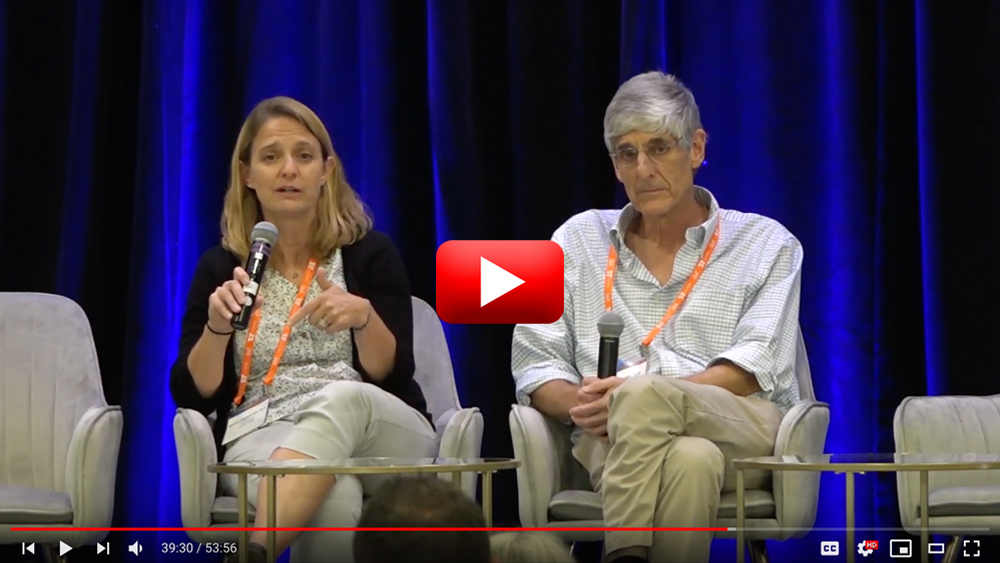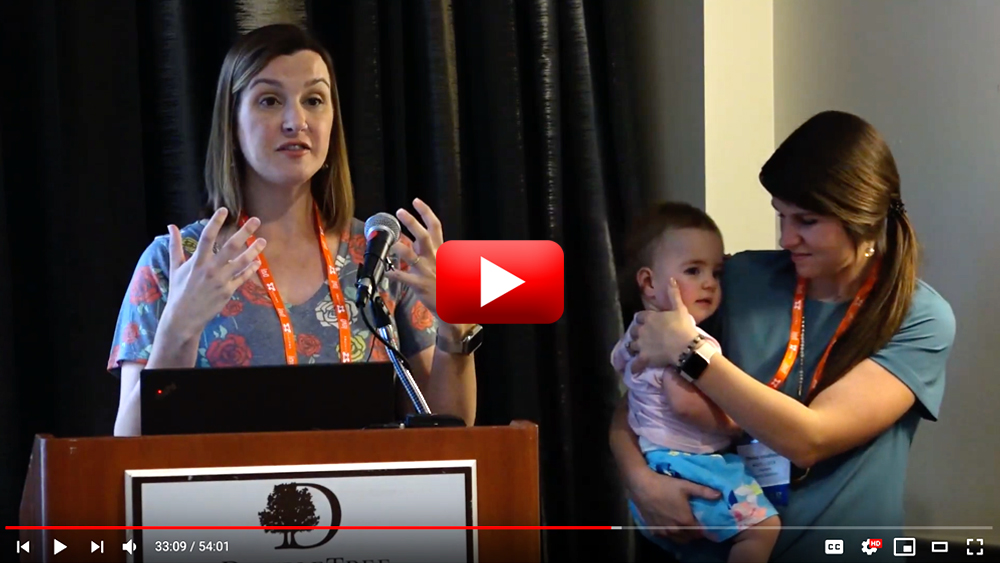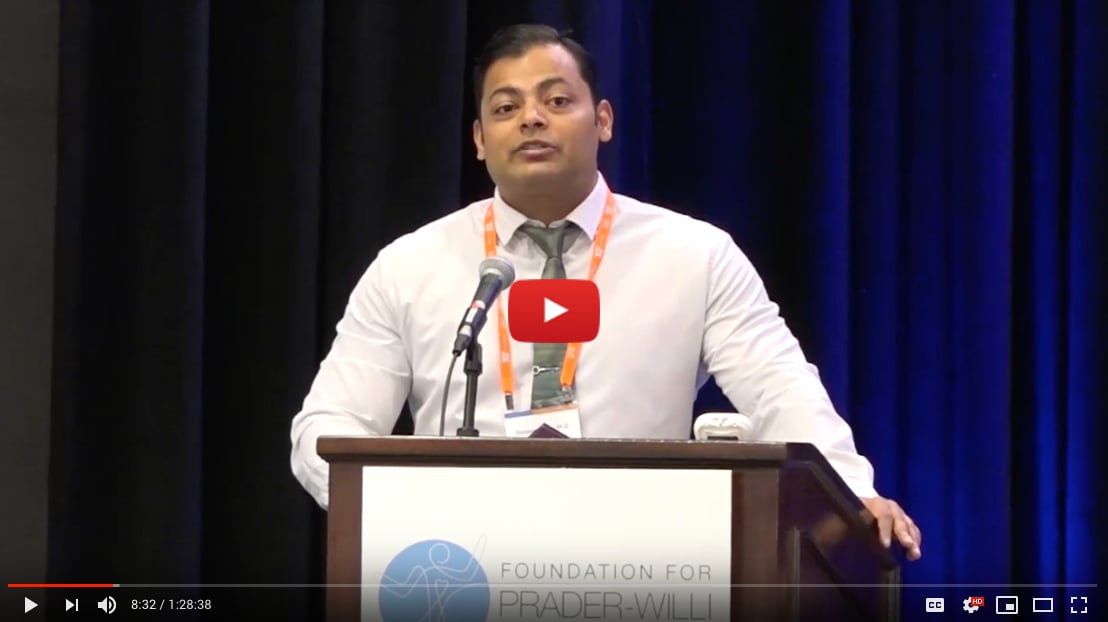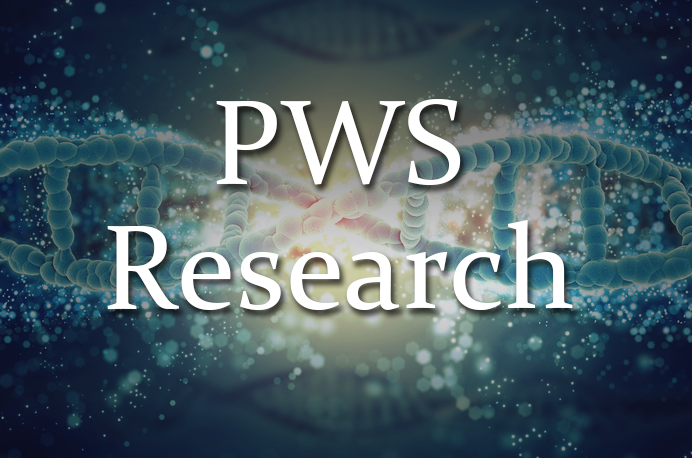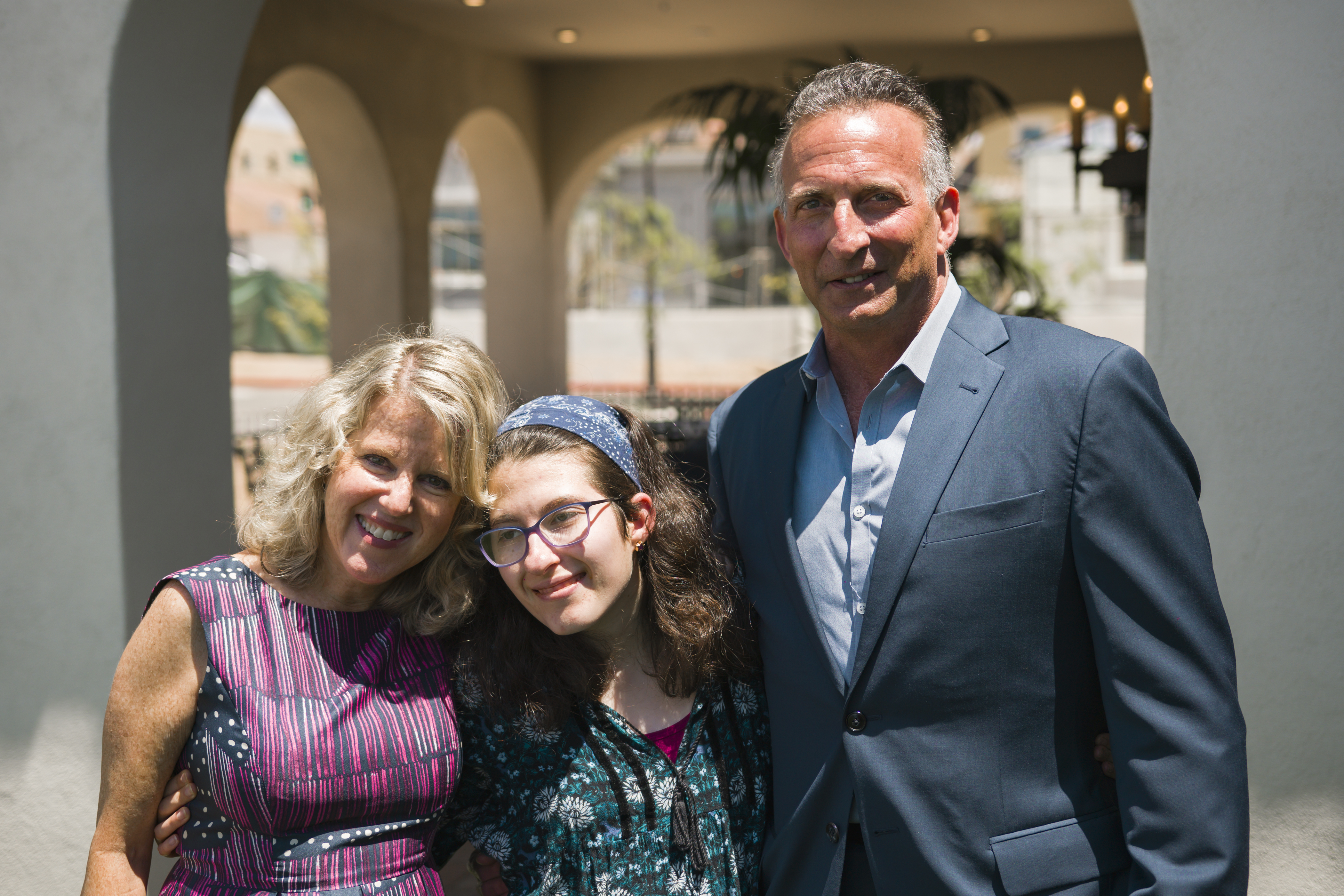Topics: Research
Gene therapies for PWS have the potential to provide transformative treatments but much is still unknown in regards to the feasibility of a successful treatment. In this 53-minute video, Drs. Stormy Chamberlain and Jim Resnick give a brief overview o...
Most people with PWS struggle with sensory processing, either seeking or avoiding sensory input. In this 54-minute video, occupational therapists Ashley Waguespack and Jessica Boudreaux explain the sensory issues common to PWS, then dive into sensory...
Topics: Research
The Foundation for Prader-Willi Research announces our second round of Research Awards in 2019 totaling $708,577. FPWR is dedicated to supporting research that advances the understanding and treatment of Prader-Willi syndrome (PWS) and to that end, h...
Topics: Research
The PWS Clinical Trials Panel presentation in the video below took place at FPWR’s 2019 Annual Research Symposium and Family Conference. The 90-minute session opens with a quick overview of the drug development process and is followed by presentation...
Topics: Research
Based on the review of data from more than 50% of patients enrolled, the Data Safety Monitoring Board has recommended continuing a phase III clinical trial of DCCR for PWS. The trial, called DESTINY PWS, is a randomized, double-blind, placebo-control...
Topics: Research
Drug development is a long and costly process that can take up to 15 years and cost up to one billion dollars! In this 7-minute video, Dr. Theresa Strong discusses the stages of PWS Drug Development. Don't have time for the full presentation? We've c...
Topics: Research
In 2015 FPWR co-funded a phase 2 study to investigate diazoxide choline controlled-release in patients with PWS. Results from the study were recently published in PLoS ONE and are summarized below.
Topics: Research
The Foundation for Prader-Willi Research and the Prader-Willi Research Foundation Australia are jointly supporting a new research project, led by Dr. Nora Shields of La Trobe University, evaluating the effects of exercise training in individuals with...




